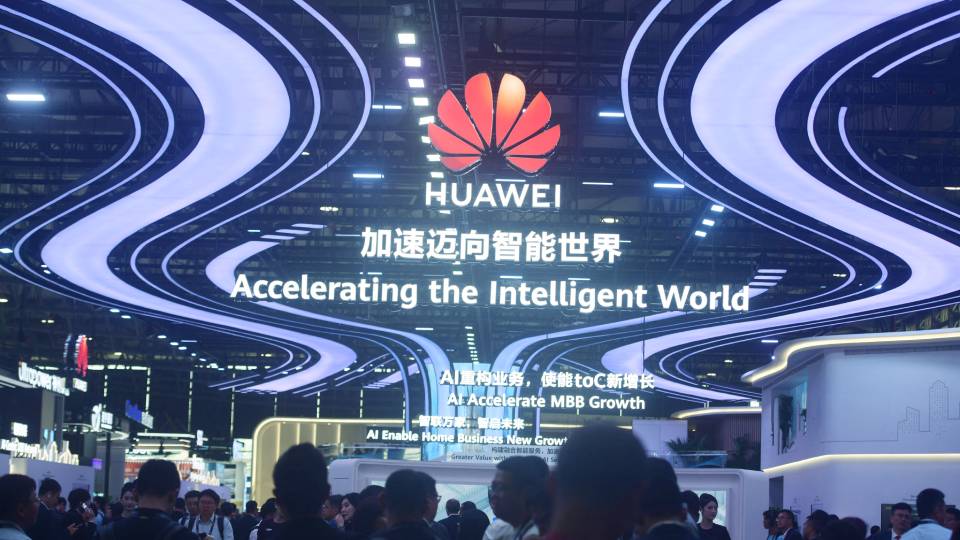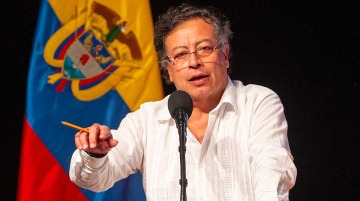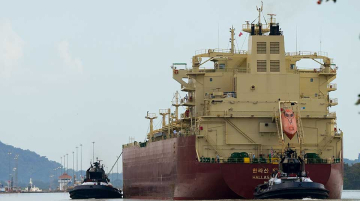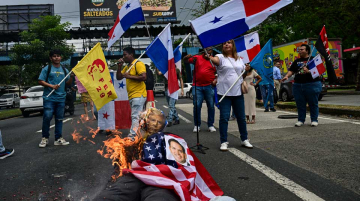
When the U.S. Embassy in Panama announced in June that telecommunications equipment from Huawei—a Chinese tech giant—would be replaced with “secure American technology” at 13 sites across the country, it was more than a routine tech upgrade. It was a clear signal.
The move, aimed at countering China’s “malign influence” (per the press release), marked a strategic escalation in the U.S.-China rivalry playing out in Central America. According to U.S. officials, the two-year project will not only give Panama greater control over its telecom infrastructure but also enhance its capacity to combat drug trafficking, arms smuggling, and organized crime.
The removal of Huawei equipment is the latest in a series of moves by Panama to recalibrate its relationship with Beijing. These include an audit of Hong Kong-based CK Hutchison’s ports in Balboa and Cristobal, the pending sale of those ports to an American-led consortium, Panama’s exit from the Belt and Road initiative, and the reassignment of a major rail project from a Chinese firm to a U.S. one. Taken together, these steps suggest that amid intensifying U.S.-China strategic competition, Panama is aligning itself firmly with Washington.
Panama’s president Jose Raúl Mulino was, at least publicly, outraged by the U.S. Embassy’s Huawei announcement, taking issue with the wording and arguing it was another attempt to “draw Panama into a geopolitical conflict between China and the United States.” In practice, however, the decision to undertake this tech overhaul at all indicates closer alignment with the U.S. yet again.
The move is rather consequential, as it signals the possible closure of the Panamanian and even the Central American regional market to Chinese tech companies.
While U.S.-Panama collaboration in telecoms has deep roots, Beijing’s influence grew following Huawei’s arrival in 2008 and the 2017 establishment of diplomatic ties between Panama and China. Washington’s unease deepened in 2024, when Huawei announced plans to base Latin America’s first regional cybersecurity and transparency center in Panama. Around the same time, there were reports that Panama was beginning to test 5G technology with the help of Huawei.
With President Trump’s return to the White House, China’s influence over the Panama Canal became a top foreign policy priority. For those in Washington who were concerned about China’s technological presence in Panama, this was the perfect opportunity. There was even an agreement between the U.S. Southern Command—the U.S. military body responsible for operations in Central and South America—and the Panama Canal Authority, targeting “backdoors” in telecommunications systems that undermine Panama’s security. The recently increased cooperation on this front left the door open for a decisive move against Huawei’s telecommunications infrastructure in the country.
Costa Rica offers a useful case study. In recent years, Costa Rica has opposed any operations in its jurisdiction by Chinese telecommunications companies. As a regional reference point for governance and infrastructure, Costa Rica’s decisions often influence its neighbors. Its rejection of Chinese involvement in 5G deployment, coupled with a presidential decree restricting companies from non-signatories of the Budapest Convention on cybercrime—effectively barring Chinese firms—set a precedent.
China’s diplomatic and commercial presence in Central America is relatively recent. The first country to establish ties with China was Costa Rica (2007), followed by Panama, almost 10 years later—an action that created a kind of domino effect in the region. After that, El Salvador, the Dominican Republic, Nicaragua, and Honduras followed suit. If history provides any guidance, Costa Rica and Panama have set the tone for other countries in the region in managing their relations with China.
The United States appears to be aware of this. U.S. Secretary of State Marco Rubio’s first trip abroad was to Costa Rica, with a stopover in Panama, aimed at curbing China’s influence in the region. During his visit, Rubio stressed that “confronting companies like that has consequences, blackmail, threats, activities to infiltrate government agencies. And you have been very firm, and we [the U.S.] will continue helping you with that.”
For countries like El Salvador, Guatemala, and the Dominican Republic, Panama and Costa Rica’s shifts send a strong message: Washington is watching, and it prefers caution.
Panama also seems to have taken note. Like Costa Rica, Panama’s municipal council recently approved a regulation banning the purchase of technology from companies based in countries outside the Budapest Convention. This move, along with the removal of Huawei’s telecommunications equipment, signals Panama’s intent to suppress Chinese presence in the country’s telecommunications sector, following the model laid out by Costa Rica.
Not all Central American countries are following suit. Nicaragua, a close ally of Beijing, is embracing Huawei. It recently announced the introduction of 4G networks via Huawei, including the construction of almost 500 sites and generous tax incentives. While Nicaragua lags in the deployment of 5G services due to technical and infrastructural gaps, Huawei’s entry into the Nicaraguan market shows that not all the doors are closed to Beijing in the region.
For countries like El Salvador, Guatemala, and the Dominican Republic—also visited by Rubio—Panama and Costa Rica’s shifts send a strong message: Washington is watching, and it prefers caution. In weighing the potential benefits of 5G deployment, Central American countries face a balancing act between the potential benefits of cooperation with Chinese companies and security concerns—at home and abroad.
Alonso Illueca is CGSP’s Non-Resident Fellow for Latin America and the Caribbean.






